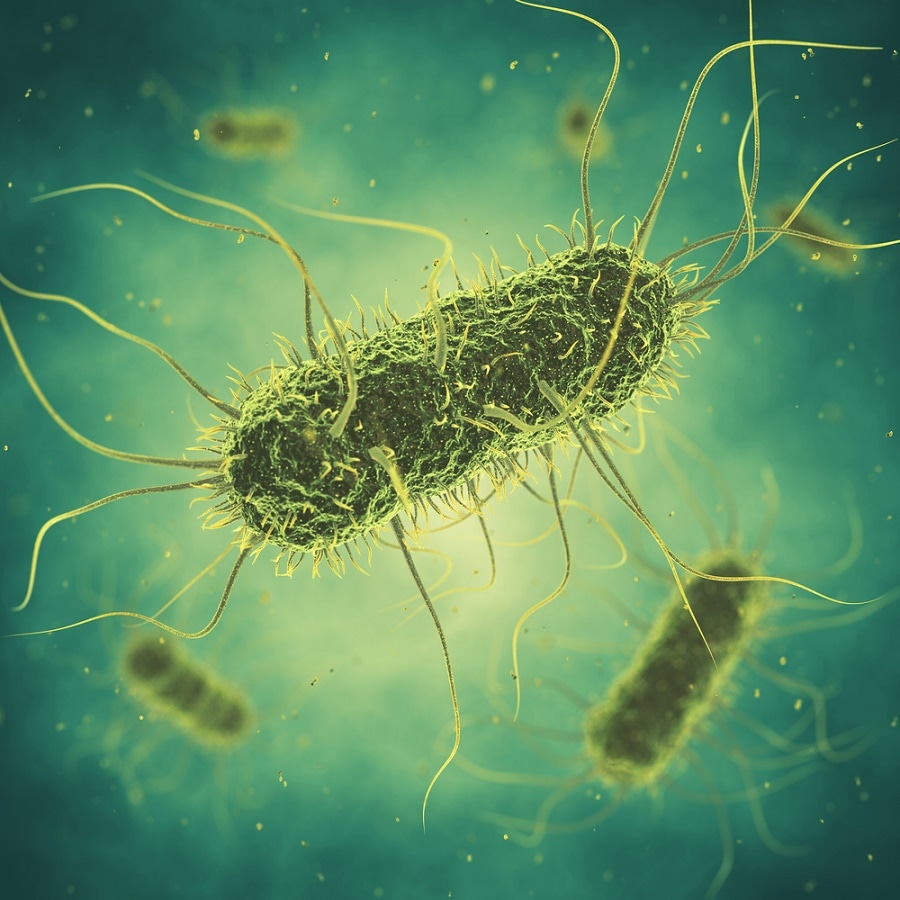Jul 21 2016
One of the ways to prevent food waste and food-borne illness is to ensure that surfaces of production units are free from contamination even between scheduled cleanings.
 Image Credit: nobeastsofierce | Shutterstock.com
Image Credit: nobeastsofierce | Shutterstock.com
According to a symposium at IFT16: Where Science Feeds Innovation, researchers are exploring unique coatings that are more resistant to bacteria and other microbes compared to the currently used food contact surfaces. The symposium was hosted by the Institute of Food Technologists (IFT) on July 17.
Manufacturers already work diligently to keep their facilities clean, but we are creating materials that are even less likely to harbor bad bugs. We have designed new polymer coatings that can be applied to food processing surfaces that resist microbial adhesion and can actually inactivate any microbes that do adhere, preventing them from growing and potentially contaminating our food supply.
Julie Goddard, Associate Professor, Cornell University
She added that the coatings are still under research, however they will potentially be available in the market within a couple of years.
Goddard explains that designing sturdy and efficient coatings is not simple task. “It’s a hard life for the equipment used in food production facilities because the coatings have to hold up to acidic and caustic cleaners, temperature extremes and abrasions from scrubbings. It’s a huge challenge to find coatings that will work under these extreme conditions,”.
A single new coating functions to resist bacteria in a number of different ways, says Goddard.
It has been shown to inactivate 99.999% of Listeria monocytogenes, a microbe that is a significant threat to food safety.
Julie Goddard, Associate Professor, Cornell University
Coatings are not only crucial to food safety, but also help to reduce the huge quantities of food that are wasted because of spoilage microbes.
Goddard explains that HVAC drains, vents and doorknobs are the other areas of food processing units that can benefit from this type of coating, as microorganisms are harbored there. This can then result in making food deteriorate faster or potentially cause people to fall ill.
These coatings also have another probable application, where they are used on harvest and handling equipment for vegetables and fruits .